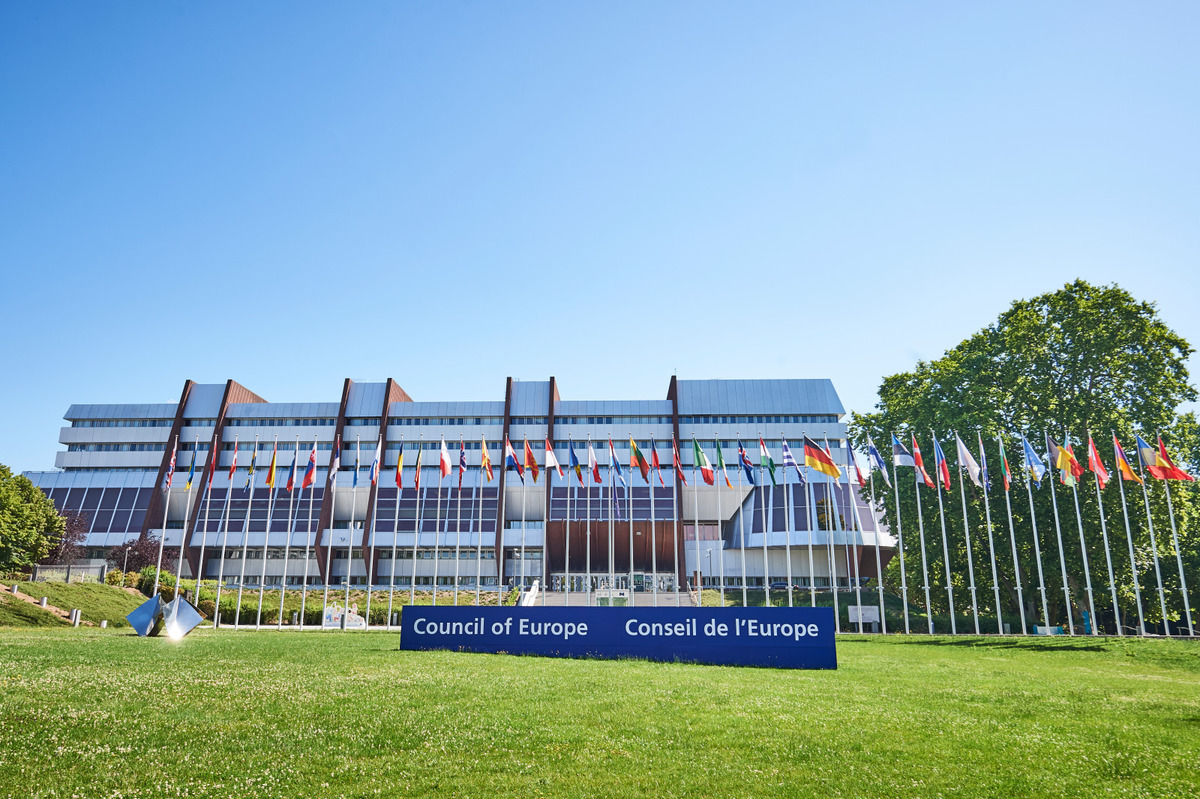European Union: UNHCR disturbed by stowaway reports
European Union: UNHCR disturbed by stowaway reports
UNHCR has been receiving disturbing reports over the past few days from a maritime insurance company, registered with Lloyds of London, of an incident concerning a pair of stowaways on board a cargo ship that is currently touring a number of ports in EU countries. The two men, who are in their early twenties, are believed to be Iraqis and, according to the ship's captain, seem to want to claim asylum. However, it appears that they may have been prevented from doing so in four different EU countries so far.
According to the insurers, who contacted UNHCR's London office, the stowaways boarded the ship at Limassol, Cyprus, on 12 April. Since then, the Panama-registered ship has made calls at ports in Spain, Ireland, the UK (two ports) and, most recently, the Netherlands where it berthed at the Amsterdam car terminal on Sunday. The supposed asylum-seekers were not permitted to disembark at any of these ports.
Even more seriously, they do not appear to have had an opportunity to make their case for asylum. We are told that immigration officers did board the ship in both Spain and Ireland, but that their visits were very brief and could not possibly have included any thorough examination as to the circumstances of their flight from Iraq and reasons for seeking asylum. In the UK, according to the insurers, immigration officials did not interview the men in either of the two ports of Tilbury and Southampton, where the ship berthed, although police did board the ship at Tilbury.
After leaving the Netherlands, the ship is due to proceed to Gothenburg in Sweden (30 April-2 May), and then to Bremerhaven in Germany (3-4 May) and Antwerp in Belgium (5-6 May) before continuing on to a number of ports in the Middle East and Asia. UNHCR, after unsuccessfully requesting the UK government to allow the stowaways to disembark, has alerted its offices in the remaining countries on the European leg of the ship's itinerary.
UNHCR is concerned that if the two men are indeed trying to claim asylum from persecution, they should have been able to lodge a claim somewhere by now, and fears that if the pattern is continued they will join earlier unfortunate individuals or even families, known as "orbit cases". Orbit cases - some in ships, others in airports or even railway stations - can spend months or even years being bounced from country to country with no one prepared to hear their claim, often with extremely damaging psychological effects. In the worst cases, involving people who are indeed refugees, they may have ended up being sent back to their country of origin where their lives or liberty might be at stake.
The generally-accepted principle in such maritime cases is that stowaway asylum-seekers should be allowed to disembark at the first port of call after their presence has been discovered by the crew, and be given the opportunity to have their asylum claim determined by the relevant authorities. However, if this turns out not to be possible for some reason or other, subsequent ports that the ship visits should be prepared to take initial responsibility, even if it is subsequently decided that the asylum-seeker can or should be moved elsewhere.
In addition, European Union countries have recourse to the so-called Dublin Treaty, which allows them to sort out between them which country should take responsibility. One of the declared aims of the Dublin Treaty was to avoid orbit cases developing. UNHCR urges one of the remaining European ports of call to exercise the collective responsibility to allow asylum-seekers access to the asylum procedure. Last week, the EU countries adopted an important directive governing minimum reception standards for asylum-seekers. But without the possibility of access to the asylum procedure, agreements on reception standards become meaningless.









